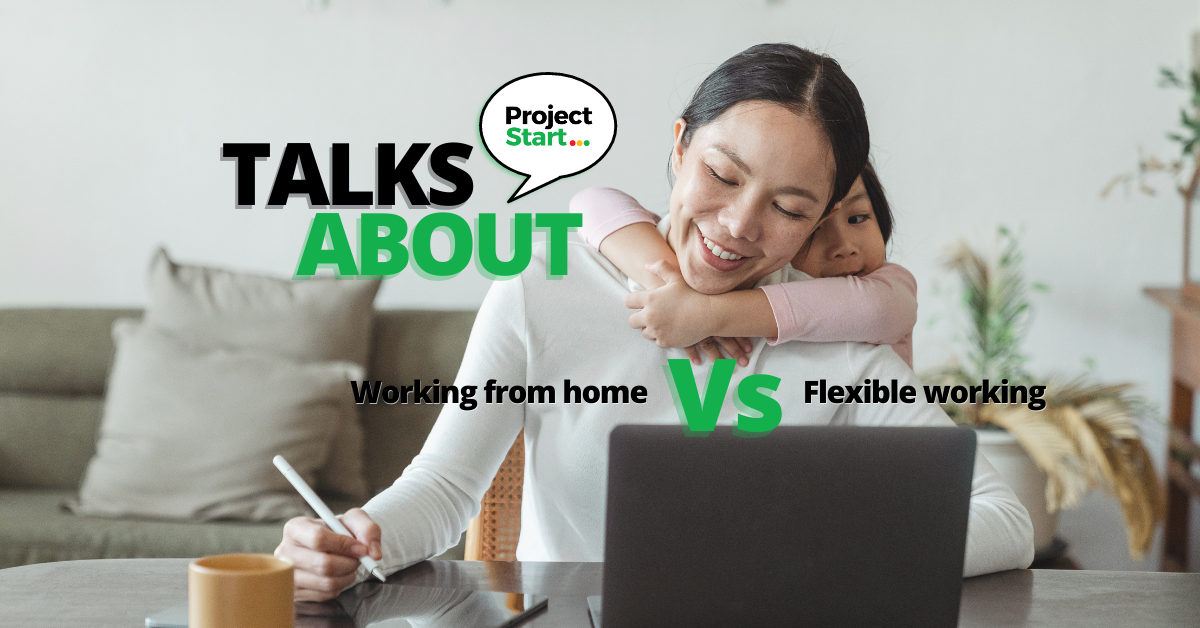During the past year, we have seen a shift towards remote working, which is just one step forward to this flexible working revolution. Workers have been calling out for this transformation for years, but we can’t be tricked into assuming they mean the same.
Although many of us probably didn’t have to adapt to this new way of working in 2020 and parts of this year, COVID has enforced every single one of us to change our approach.
Say goodbye to the 9-5 routine and say hello to daily zoom calls and endless emails in what was seen as the ‘new normal’.
For some, this shift towards working from home has been a welcome one, others haven’t found the transition away from the office easy. Initially, this new way of working for all of us would soon establish a better work/life balance, spend more time with family and lead to better mental health.
Or so we thought, overall working from home proved itself to be less than ideal. Many of us now are working longer hours than ever before, some are also experiencing an increase in burnouts, stress and loneliness.
According to Whitehouse, whose flexible working campaign, Flex Appeal https://www.motherpukka.co.uk/flex/ recently published a report called ‘Forever Flex, making flexible working work beyond a crisis’ https://www.motherpukka.co.uk/wp-content/uploads/2020/11/Forever_Flex_report_FINAL-03.11.20.pdf which looks into how companies can make flexible working a reality as we begin to move out of the pandemic.
Anna Whitehouse the founder of Mother Pukka https://www.motherpukka.co.uk/ argues ‘We aren’t working from home, we’re in our home working in the context of a pandemic, suddenly businesses think it’s a great idea that everyone is working from home, we are flexible employees, we’re family-friendly but that’s not the case.’
She continues: ‘Whether you’re in an office or online, there’s still this competitive bum sitting – competing to be strapped to our desks for the longest hours, regardless of whether it’s good for productivity.’
Companies now want to contemplate flexible working arrangements, with the freedom to work both from home as well as in the office.
The UK government has recently proposed to give all employees the right to request flexible working when they start new jobs. At this moment, employees must wait until they have been in their role for exactly six months.
This new proposal would also see managers have to respond to requests for flexible working more quickly than the current maximum of three months. It would also force businesses to explain why any requests were refused.
For employers, flexible working can be a positive concept, it means businesses can access more talent which will advantage the company.
Listening to your employees is key to company success.

